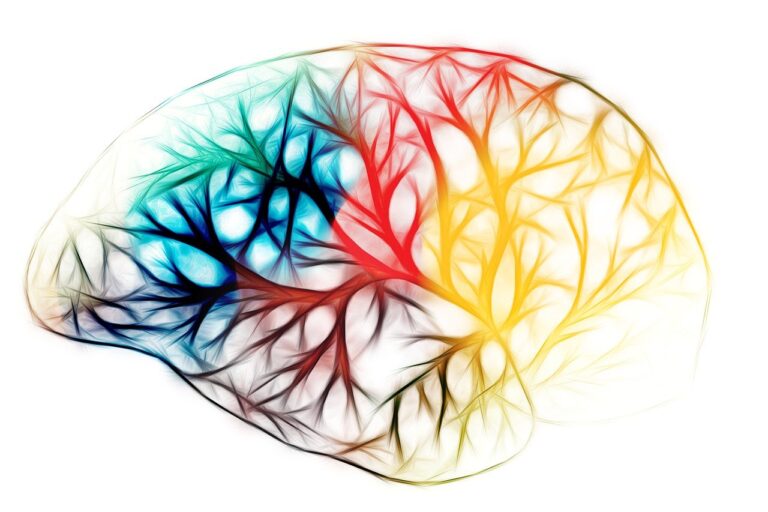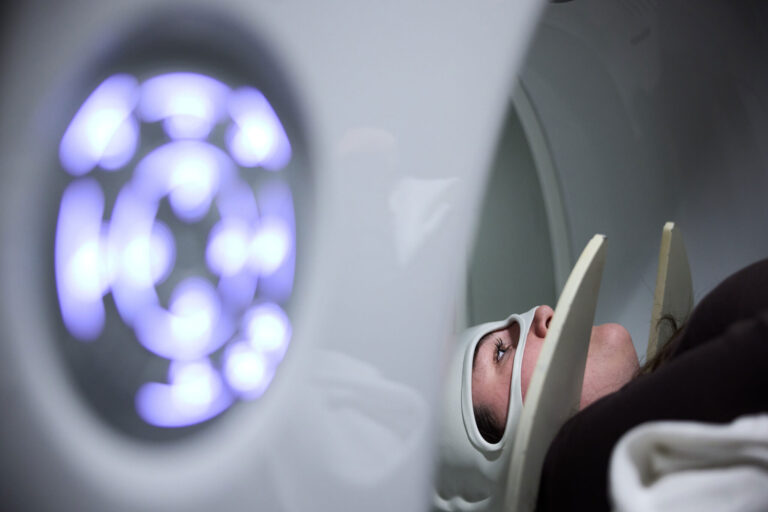
12 Warning Signs of Vascular Dementia
What is vascular dementia, the second most common of the dementias? What causes it? Can it be prevented or cured?

What is vascular dementia, the second most common of the dementias? What causes it? Can it be prevented or cured?

NUTRITION FACTS, VIDEO + ARTICLE: Cholesterol oxides can end up in your brain, where they are 100 times more likely to cause Alzheimer’s than regular cholesterol. Find out what to eat each day to keep dementia away.

WashU Medicine-led trial evaluating investigational drug from Eli Lilly and Company aims to stop disease before symptoms arise

Learn the latest research at Rush University on dementia-preventing activities that keep your brain refreshingly healthy.

FOOD VIDEO: If you are concerned about Alzheimer’s, “steps should be taken to lessen human exposure to Aluminum,” according to The Journal of Alzheimer’s Disease. How? Here are some simple tips to fine-tune your diet.

See Harvard Alzheimer’s expert Dr. Rudy Tanzi and Deepak Chopra explore cutting edge research and insights on sleep’s capacity to prevent Alzheimer’s.

Replacing one serving per day of processed red meat with fish was associated with a 28% lower risk of dementia. Learn how.

DIET VIDEO:
Why the big rise in Alzheimer’s? That is one of today’s great medical mysteries.
See a provocative theory about copper & Alzheimer’s in The Journal of the American College of Nutrition.

Everyone knows we should exercise. But it’s hard. Sometimes realizing the consequences of not exercising can get us moving. Here’s a bit of really motivating research.

How much protection can frequent spatial processing tasks offer against Alzheimer’s? Researchers in The British Medical Journal investigate.

SHORT-TERM MEMORY lapses are obvious signs of Alzheimer’s, but other tell-tale signals begin to show much earlier. Learn how to look for semantic impairments, such as simple questions about size.

Discover compassionate, practical and proven strategies to navigate dementia care confidently, ensuring the well-being of both you and your loved one.

How can military service impact brain health? What are specific risk factors? Are there vital steps soldiers can take towards dementia prevention and treatment?

SHORT-TERM MEMORY lapses are obvious signs of Alzheimer’s, but other tell-tale signals begin to show much earlier. Learn how to look for semantic impairments, such as simple questions about size.

Three important dementia studies focus on HS-AGING, a type of dementia almost as common as Alzheimer’s in the 85+ group. Yet few people have heard of it. Why? What makes it different?

An intriguing study of 120 grandmothers might surprise you. Doctors know socially engaged people have better cognition and less dementia. But can a person get too much of a good thing? What’s the right balance?

Enjoy this great duet between a musician with dementia and his son. A triumph of spirit over Alzheimer’s! Sing-a-long if you like!
No spam, only news and updates.


